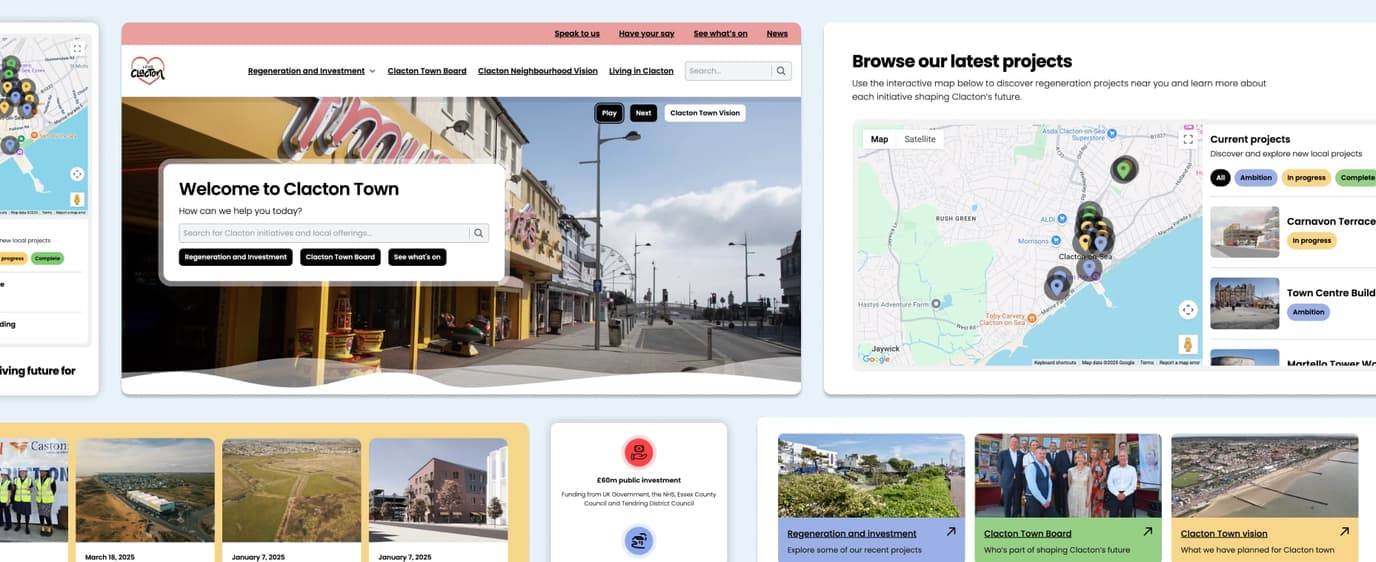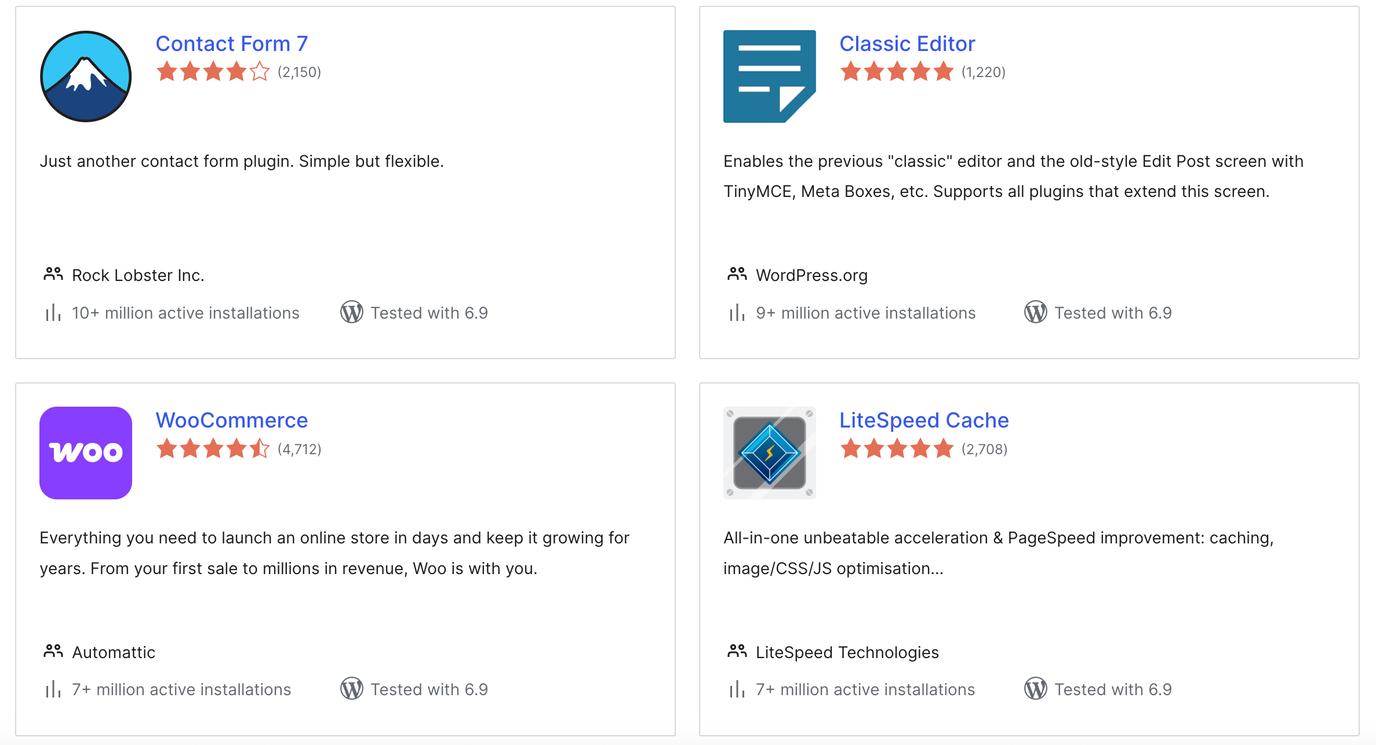
We often work with companies that do amazing things. Every day they put in long hours to provide outstanding services or ensure that purchased products arrive in good time and in good condition.
In some cases, customers who receive these services and products go out of their way to leave positive reviews online, however, too often this is not the case. While that customer may continue to use their services or purchase their products in the future there is little incentive for them to leave a positive review online unless prompted.
Due to this, companies who work hard do not always see the benefits reflected in the online space.
Why reviews are powerful in marketing
There are two things that a review has that product information or service descriptions cannot provide. The first is an unbiased viewpoint – any company selling an item has an obvious bias in wanting to provide the viewer with a rose-tinted perspective. The second is an understanding of the actual experience found in taking up a service or using a product.
This second element is critical to understanding why more and more reviews are a key source of the purchasing journey. It involves a core bias that every human innately understands called ‘loss aversion’. In short, we feel emotions associated with disappointment far more keenly than we feel those derived from pleasure – and so humans avoid disappointment wherever possible. In other words, all potential customers are naturally skeptical.
Crawford Hollingworth
“Loss aversion is a cognitive bias which describes the way in which we feel the pain of a loss more than the pleasure of an equal gain.”
Loss aversion means people will risk less for an average experience (that they know won’t be bad) rather than risk more for an experience that is an unknown. This explains why people are so driven to find out more through company reviews before they spend their money.
"My customers don’t read reviews"
There are many many business owners who place little or no value on customer reviews.
Even if that is not the case and they believe the reviews they have matter, they are often unwilling to request reviews from their customers. So often there is a worry about not wanting to appear pushy or rude, but customers may be more than happy to share their experience!
There are a number of research studies and surveys demonstrating how reviews matter that highlight the change, especially since COVID, which saw a huge spike in online shopping. Global studies such as ‘The Impact of Online Reviews on Consumers’ Purchasing Decisions: Evidence From an Eye-Tracking Study’offer a clear view that reviews play a big part in decision-making.
The paper shows that up to 60% of purchasing decisions are now influenced by reading consumer reviews.
"I don’t have time to manage reviews"
The most valuable commodity in any business is always time. Managing reviews on different platforms can indeed require attention and focus, but more and more customers expect a response within 48 hours from a business owner. Indeed, potential new customers are keenly aware when businesses do not respond to reviews – especially bad ones, and often take this as a negative sign.
There are ways to efficiently respond to reviews that can help. Setting aside an hour per week to respond across key platforms and creating a document with regularly used responses (tailored to situations where necessary) can make the process extremely efficient and also consistent.
In terms of where customers leave reviews, Google reviews is the most important factor – they appear the second that someone types in your business name (assuming you have Google business). Beyond that, it really depends on the type of business – generally speaking TrustPilot is one of the most popular platforms. Responding to Facebook comments and reviews are also strongly recommended, as are Amazon reviews, eBay reviews or other selling platforms if you use them within the business.
Getting ahead with a reviews strategy
The issue with reviews is that often people have to leave your website to go to a reviews site. On that journey they will often be shown advertising for competitors who may be able to sway your potential customers with special offers. This is a real problem. The solution to this is to be proactive and bring external reviews onto your own site and stop them leaving! Many companies offer this service and even allow your reviews to show in Google search results at the same time.
Our reviews recommendation
For many of our clients, we recommend reviews.io. Their platform is low cost compared to competitors and it gives good flexibility on how you want reviews to be shared. You can take a look at their widget library here.
Having a primary platform to manage reviews makes life much easier and allows you to collect a large number of reviews in one place. That means they are more recent and more relevant to people who may want to read them. That’s not to say you shouldn’t still ensure Google, Trustpilot and Amazon reviews aren’t tended to, but rather it gives you the opportunity to reach out to your customers and have a platform where you can manage them more effectively.
The final point is another one that comes up often: ‘What if we get bad reviews?’ or ‘What if they see it as an opportunity to complain?’.
There is no way to sugarcoat it, if you are getting bad feedback from customers then that is a problem. Reviews can be a way to hear feedback and find resolutions. In the short term, this may mean negative feedback but once action has been taken then this will turn into long-term success.
Having a platform you control can ensure bad feedback is less visible than it would be on a separate website and gives you more say in the reviews your potential customers see. We wholeheartedly encourage customers large and small to take reviews seriously and understand that they are a valuable extension of the business.





